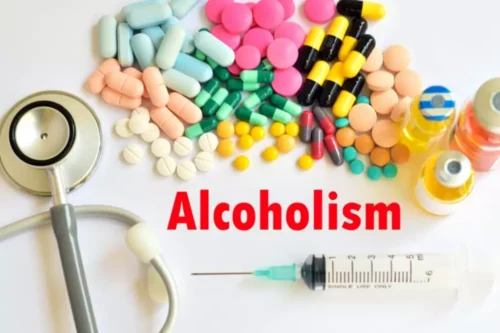
So when you’re struggling to express yourself but still crave emotional release, art therapy can help. Such activity allows them to feel safe and comfortable, especially when they find it difficult to discuss these issues in regular talking therapy sessions. It’s beneficial for those with underlying mental health conditions who may struggle with verbalizing their emotions. In the future, art therapy may be more thoroughly investigated in the following directions. First, more high-quality clinical trials should be carried out to gain more reliable and rigorous evidence.
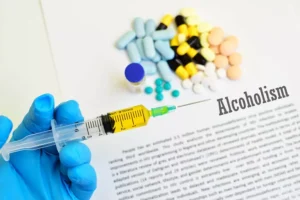
Detox: The First Step Toward Long-Term Recovery
It is adaptable to different populations and can be integrated into various treatment approaches. American Addiction Centers (AAC) is committed to delivering original, truthful, accurate, unbiased, and medically current information. We strive to create content that is clear, concise, and easy to understand. If you choose to participate with a good attitude and open mind, you’ll get something out of it. The group ends with the opportunity for participants to share what they created and why.
How Long Does Detox Take? A Timeline for Recovery

It plays an important role in facilitating engagement when direct verbal interaction becomes difficult, and provides a safe and indirect way to connect oneself with others (Papangelo et al., 2020). Moreover, we art therapy for addiction found that art therapy has been gradually and successfully used for patients with mental disorders with positive outcomes, mainly reducing suffering from mental symptoms. Art therapy honors the transformational capacity of creative expression and healing through artful connection. It will allow for people to paint, draw, take pictures, sketch, sculpt, or doodle into improved emotional and spiritual states.
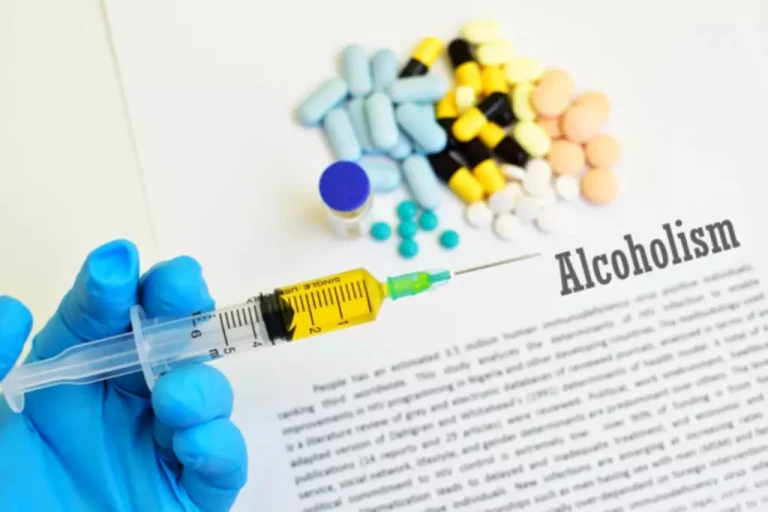
Need Help with Mental Health?
In addiction recovery, employing art serves to dive into https://ecosoberhouse.com/ and manifest emotions rather than emphasize the final piece produced. Art therapy invites participation from individuals at all levels of artistic experience, underscoring its universal accessibility and focus on personal expression over technical prowess. It is paramount that your chosen art therapist has relevant experience dealing with addiction. A therapist who grasps the distinct hurdles faced during addiction recovery can provide an individualized and more impactful therapeutic journey through the medium of art.
- Specialized services from certain art therapists are tailored specifically to assist adults grappling with or recovering from substance use, as well as their families.
- American Addiction Centers (AAC) is committed to delivering original, truthful, accurate, unbiased, and medically current information.
- As of late, adult coloring books have been on the market to encourage relaxation during times of stress.
- As your journey in art therapy progresses, you’ll likely notice a significant shift in your approach to recovery and sobriety.
- Various studies show positive impacts on recovery, such as breaking through denial and encouraging positive change.
What to Pack for Inpatient Heroin Detox: A Helpful Checklist
Lastly, participants can feel empowered by being in control of emotions and their connection to trauma. This allows them to feel pride in making something meaningful and creating a different connection with their trauma or pain. As of late, adult coloring books have been on the market to encourage relaxation during times of stress.
Cocaine Detox: It’s Never Too Late to Start Your Journey to a Better Life
- This multi-sensory experience can evoke deep emotions and memories, facilitating a more comprehensive healing process.
- Explore essential vitamins, key nutrients, and gut health for a balanced mind.
- It’s not about the final art product but about being fully engaged throughout the process.
- A variety of art project ideas focus on the creative process that is beneficial to the recovery process.
The incorporation of art therapy into the recovery process delivers a well-rounded therapeutic modality that contributes significantly to holistic healing. In the journey towards recovery from addiction, art therapy serves as a beneficial tool that facilitates emotional expression and trauma processing via creative avenues. It contributes to the development of coping mechanisms and self-understanding, providing a silent but potent supplement to conventional therapy approaches for addiction. This article explores the functioning of art therapy in the context of addiction recovery, its advantages, and recounts inspiring accounts from individuals who have witnessed its transformative effects firsthand.
- Researchers in a 2014 study examined data from close to 300 substance use disorder treatment centers, taking an in-depth look at how professionals treat SUDs.
- Mandalas, circular designs with repeating patterns, have been used for centuries in various spiritual traditions as tools for meditation and self-discovery.
- Naumberg believed that art therapy could promote healing by helping people uncover repressed thoughts and emotions while providing a framework to discuss them.
- Nature-based art activities have gained traction as a way to ground individuals and foster a connection with the world around them.
- This practice should be continuously promoted in both hospitals and communities.
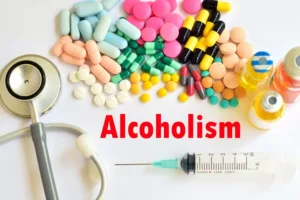
The art therapist can also offer some general prompts, such as “Are there moments that inspire happiness? ” The conversation is designed to help the patient become aware of their own feelings and begin working through unresolved conflicts. Art therapy can be powerful in motivating and encouraging people to continue their recovery journey from substance abuse. Another research project that I am working on looks to build empathy in medical students by having them explore and write about their own birth story. Here students have the opportunity to interview the birthing and/or non-birthing parent, or another birthing person in their life and write about the experiences.
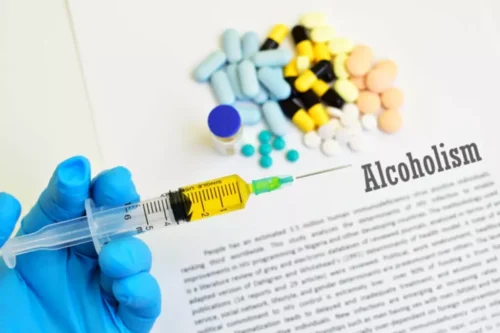
Poetry writing can be particularly effective for expressing complex feelings and experiences. Creating personal narratives allows individuals to reframe their addiction story and envision a positive Oxford House future. Collage making is another powerful tool for exploring emotions and triggers. By selecting and arranging images from magazines or other sources, individuals can create visual representations of their feelings, experiences, and aspirations. This process can help uncover subconscious thoughts and feelings, providing valuable insights for recovery.
